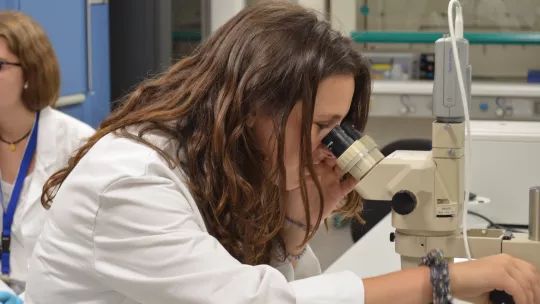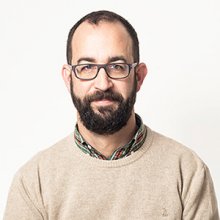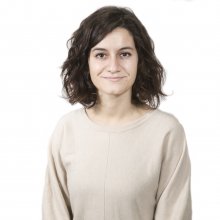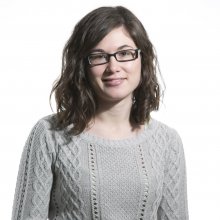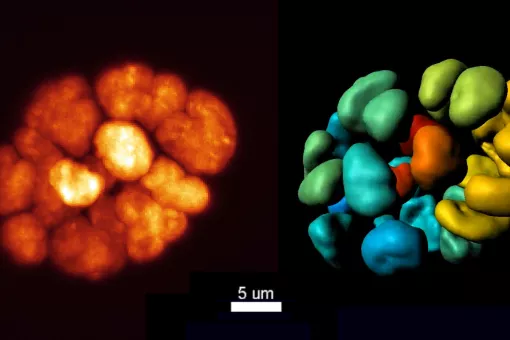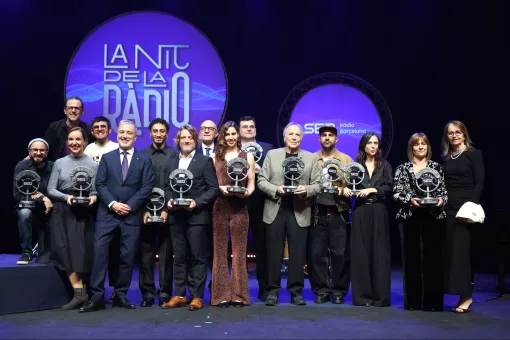Images
IRB Barcelona is to participate in the two-week (10-21 July) scientific summer camp through the project “Drosophila melanogaster: a model to study human disease”.
This initiative is organised by the Catalunya-La Pedrera Foundation, in collaboration with first-class research centres all over Catalonia, including BIST centres.
Today marks the start of the second edition of the Barcelona International Youth Science Challenge (BIYSC), aimed at stimulating scientific talent among young students worldwide. Held from 10 to 21 July, this international summer camp offers 100 secondary school students aged between 16 and 18 years old the opportunity to work in small groups on different scientific and technological challenges (all conducted in English). The proposals come from 10 international research centres based in Catalonia and involved in cutting-edge research, including IRB Barcelona.
IRB Barcelona’s project: “Drosophila melanogaster: a model to study human disease”
IRB Barcelona is hosting 10 students from all over the world to work hands-on in the laboratory with the fruit fly Drosophila melanogaster. “The main purpose of this project is to introduce D. melanogaster as a very good model to study human diseases that has been used in biological research for more than a century,” explains Celia Santos, PhD student with the Development and Growth Control Laboratory. Celia is coordinating IRB Barcelona’s project, together with Lada Murcia, PhD with in the same lab, which is lead by ICREA Research Professor and expert in developmental biology Marco Milán.
Learn more with the Meet Our Scientists’ video “Our relative the fly”
The Institute’s project will allow participants to use this model to study the main mechanisms underlying neurodegenerative diseases, while learning aspects of biology, genetics, medicine and biomedicine.
During their time at the Institute, students will mimic the long process from basic research to clinical application of the knowledge gained. “They will learn by experience. One of the best things of the BIYSC is that the students get to be in a lab and work on a real scientific project. It is not just a classroom experiment,” highlights Lada Murcia.
Searching for genes involved in neurodegenerative diseases
First, students will learn about the many tools researchers use to study the putative genes involved in neurodegenerative diseases. Then, based on the published literature, they will form hypotheses about the genes and processes involved. And finally, they will propose a working model and search for a way to reduce the phenotypes of these disorders.
IRB Barcelona’s project also offers participants a great opportunity to mix with peers who share the same passion, attend scientific lectures given by leading researchers, and debate the most relevant international discoveries and scientific advances.
About IRB Barcelona
Created in 2005 by the Generalitat de Catalunya (Government of Catalonia) and University of Barcelona, IRB Barcelona is a Severo Ochoa Centre of Excellence, a seal that was awarded in 2011. The institute is devoted to conducting research of excellence in biomedicine and to transferring results to clinical practice, thus improving people’s quality of life, while simultaneously promoting the training of outstanding researchers, technology transfer, and public communication of science. Its 24 laboratories and seven core facilities address basic questions in biology and are orientated to diseases such as cancer, metastasis, Alzheimer’s, diabetes, and rare conditions. IRB Barcelona is an international centre that hosts more than 400 employees and 36 nationalities. It is located in the Barcelona Science Park. IRB Barcelona forms part of the Barcelona Institute of Science and Technology (BIST) and the “Xarxa de Centres de Recerca de Catalunya” (CERCA).
About IRB Barcelona
The Institute for Research in Biomedicine (IRB Barcelona) pursues a society free of disease. To this end, it conducts multidisciplinary research of excellence to cure cancer and other diseases linked to ageing. It establishes technology transfer agreements with the pharmaceutical industry and major hospitals to bring research results closer to society, and organises a range of science outreach activities to engage the public in an open dialogue. IRB Barcelona is an international centre that hosts 400 researchers and more than 30 nationalities. Recognised as a Severo Ochoa Centre of Excellence since 2011, IRB Barcelona is a CERCA centre and member of the Barcelona Institute of Science and Technology (BIST).

